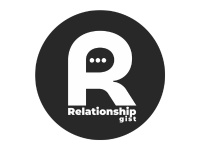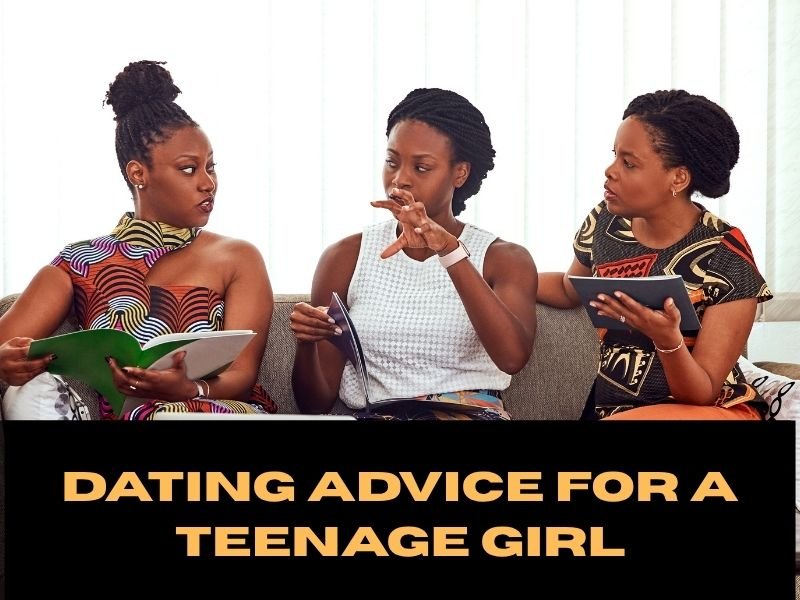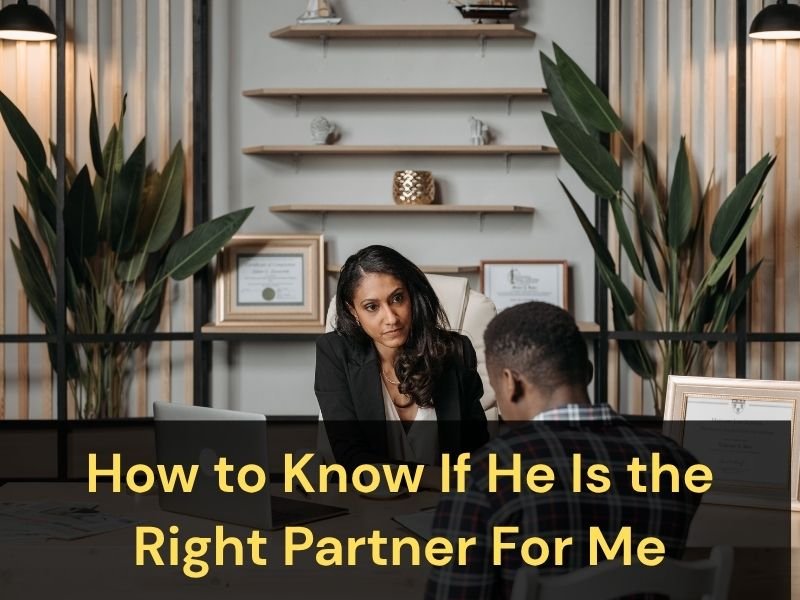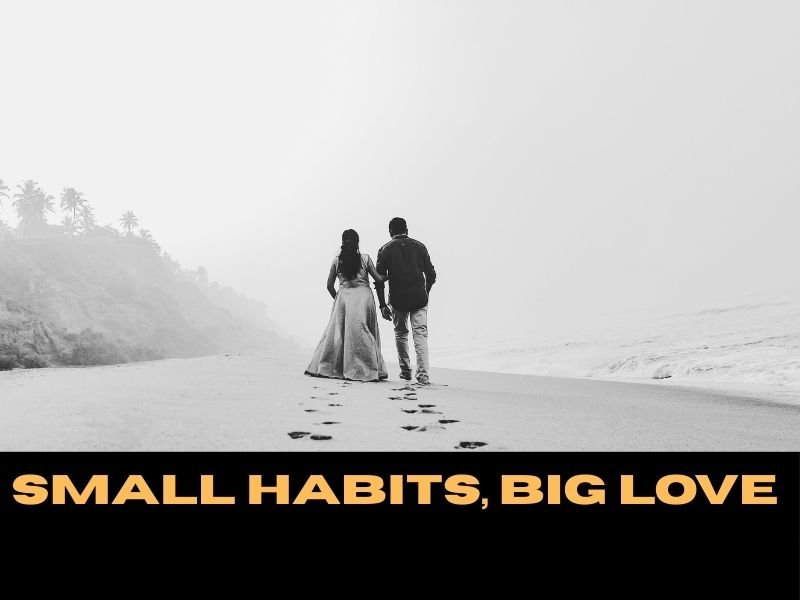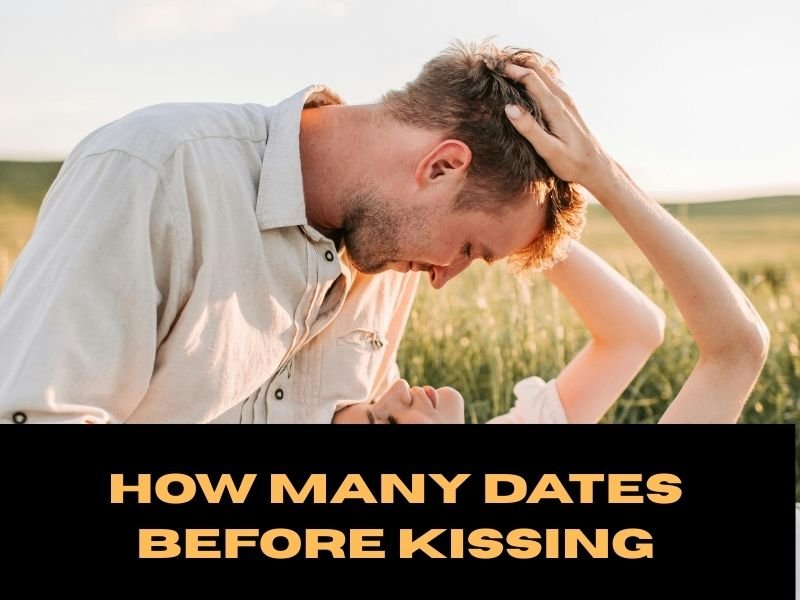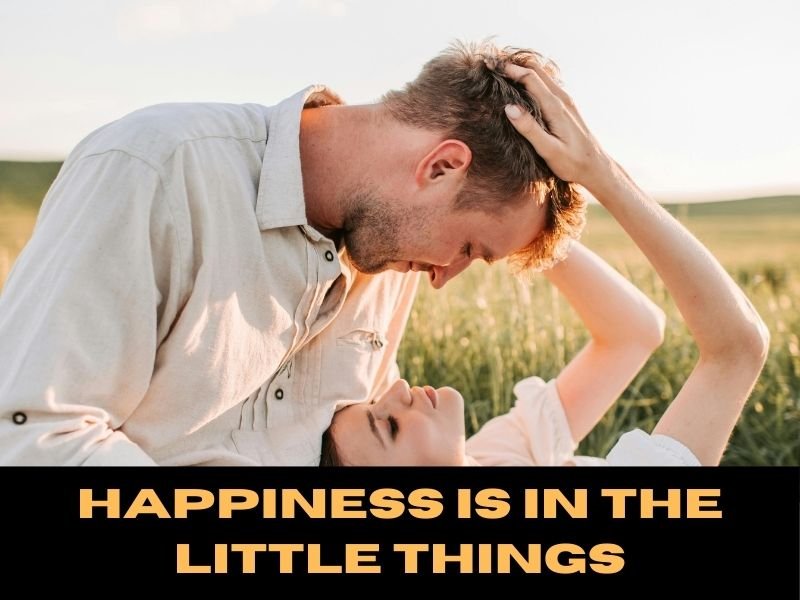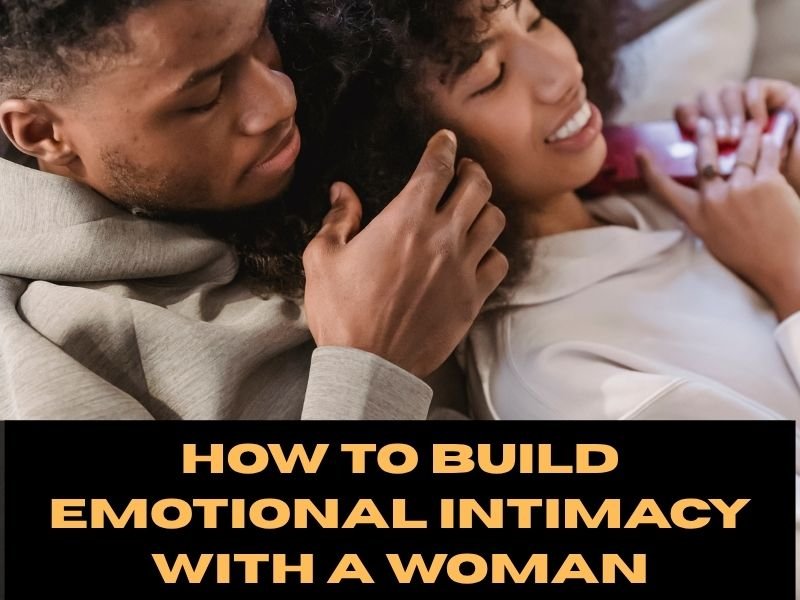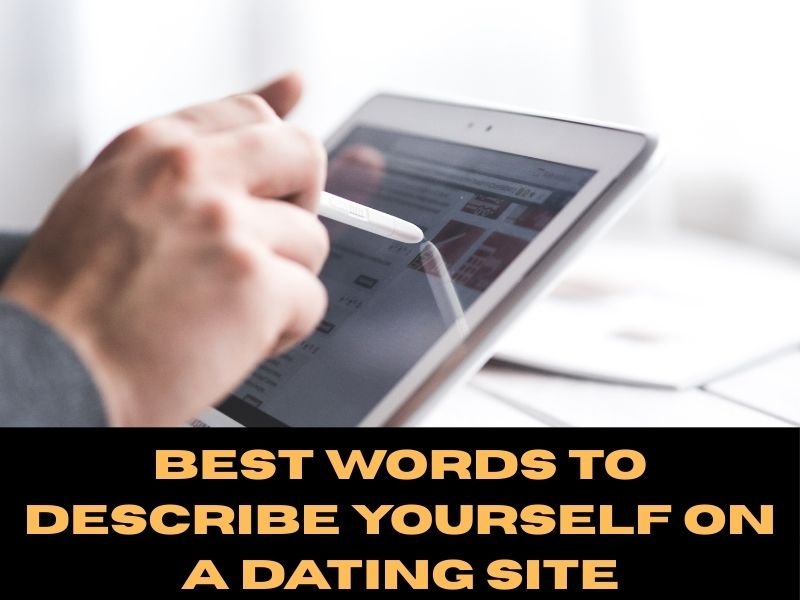Dating as a teenage girl usually feels like into a whole new world, exciting, confusing, and sometimes overwhelming. This is why, before jumping into the dating scene, every teenage girl must understand not just how to go on a date, but how to take care of herself emotionally and mentally before and while dating.
Take Sofia, for example. At 17, she was thrilled when her crush, Raul, finally asked her out. She had dreamed of the moment for months. But on the day of the date, she was so focused on being liked that she forgot to ask herself what she really wanted. She said yes to everything, where to eat, what movie to see, and even letting him hold her hand when she wasn’t quite ready. Afterward, she felt unsure, not excited. Looking back, Sofia realized she was so caught up in being the “perfect date” that she didn’t show up as her true self.
That’s why it’s important to go into dating with a clear understanding of your values, boundaries, and emotional needs. Ask yourself: What does respect look like to me? What am I comfortable with physically and emotionally? The more you know who you are and what you want, the more confident and safe you’ll feel, no matter who’s sitting across the table from you.
How to Choose the Right Person and Avoid the Wrong Ones
As a teenage girl, choosing the right person to date isn’t shouldn’t be about butterflies and good looks, but about finding someone who treats you well, respects your boundaries, and genuinely wants to get to know you. It’s easy to get caught up in charm, popularity, or attention, but none of those matters if you don’t feel emotionally safe and valued in the relationship.
Let’s take Sofia’s story. She was 17 when she started dating a guy, Raul, who was two years older. He was funny, confident, and knew exactly what to say to make her feel special. At first, she loved the attention. But soon, he started criticizing how she dressed, got annoyed when she wanted to hang out with her friends, and made her feel guilty for not texting back fast enough. It wasn’t until a friend pointed out how often Sofia looked anxious around him that she realized something was off. The relationship ended, and though it hurt, she later said it taught her the difference between someone who likes you and someone who respects you.
The right guy won’t pressure you to change who you are. Rather, he’ll celebrate your uniqueness, support your dreams, and communicate clearly. If someone makes you feel small, confused, or constantly worried about making them happy, it’s not a healthy connection. Your heart deserves more than charm; it deserves kindness, patience, and honesty.
Setting Healthy Boundaries Without Feeling Guilty
One of the most empowering lessons a teenage girl can learn about dating is the concept of boundaries, knowing what you are okay with emotionally and physically, and communicating it clearly and confidently.
Sophia’s Story
At 17, Sophia fell for someone who moved too quickly in their relationship. She often said “yes” because she didn’t want to disappoint him. But every time she did, she felt discomfort, anxiety, and regret afterward. One night, after almost crossing a line she wasn’t ready for, she finally spoke up: “I’m not comfortable doing that yet.” He said he understood, and she was surprised; he didn’t push or get upset. That moment taught her two things:
-
Saying no doesn’t ruin things; it clarifies what you’re comfortable with.
-
The right person respects your boundaries without making you feel guilty.
Why Boundaries Matter
-
Protect your self-worth: Saying no to something that doesn’t feel right shows that you value yourself.
-
Boost your confidence: Clear boundaries help you feel in control and proud of your choices.
-
Set the tone for healthy communication: Boundaries pave the way for respect and understanding.
How to Set Boundaries with Confidence
-
Know your limits before the date or talk. Decide what you are okay with and what you are not, emotionally, physically, and socially.
-
Use clear, simple language. You don’t owe anyone a long explanation. A quick, firm “I’m not ready yet” works.
-
Trust how you feel. If something feels off or makes you uncomfortable, even in the moment, that’s your boundary calling.
-
Stick to your decision. A respectful partner will listen; if they don’t, that’s a red flag.
Sample Boundary Language
-
“I’d rather take things slower, thank you.”
-
“I’m not okay with kissing yet.”
-
“I need to hang out with my friends tonight.”
-
“I’m not ready to share my phone password.”
Texting, Social Media, and Dating: What’s Okay and What’s Not
In today’s world, dating doesn’t just happen in person; it happens through screens. Texting, social media, DMs, and Snapchats can make a relationship feel more connected, but they can also bring pressure, confusion, and even emotional harm if boundaries aren’t clear.
Jade’s Story
Jade, 16, loved how her boyfriend texted her good morning and sent memes all day long. But soon, those cute texts turned into constant check-ins: “Who are you with?” or “Why didn’t you reply?” If she didn’t respond quickly, he’d accuse her of ignoring him or flirting with someone else. It felt less like love and more like control. It took Jade weeks to realize that needing space didn’t mean she didn’t care, and it meant she was allowed to have her own life too.
What’s Okay
-
Sending messages that make you feel seen, appreciated, or supported
-
Taking breaks from your phone without guilt
-
Liking and commenting on friends’ posts, regardless of gender
-
Having your own private social media accounts and friend groups
What’s Not Okay
-
Being guilt-tripped for not replying fast enough
-
Being pressured to send photos you are uncomfortable with
-
Being monitored (e.g., asking for passwords, checking who you follow)
-
Feeling like you have to post or tag someone to prove your relationship is real
Social media should be a tool for fun and connection, and not control or anxiety. If your partner gets upset when you are offline or accuses you based on who you like or follow, that’s a sign the digital line has been crossed. Remember: healthy relationships exist with or without a constant internet signal.
Group Dates, School Dances, and One-on-One: What’s Best for You?
Not all dates have to be romantic candlelit dinners or dramatic movie-style moments. When you are just starting, dating in groups or casual settings can be a fun and safer way to get to know someone without the pressure of a one-on-one situation.
Emily’s Story
Emily was invited to a school dance by a guy she had a crush on. Instead of going alone, she asked her two best friends to come with their own dates and turn it into a group night. That way, she felt comfortable and supported while still getting the chance to spend time with him. The night was fun, relaxed, and low-stress because she didn’t feel the pressure to be perfect or constantly entertaining. Later, when they did go on a one-on-one date, the connection felt more natural and safe.
Why Group Dates Can Be Great
-
You feel safer and less nervous
-
There’s less pressure to fill every silence
-
You can observe how your date treats others in a group
-
Friends can help you reflect afterward if something felt off or exciting
When One-on-One Is Right
-
You’ve spent time around each other in group settings and feel a strong level of trust
-
You both clearly want to get to know each other on a deeper level
-
You’ve talked about boundaries and expectations beforehand
-
You feel emotionally ready and not obligated
Whether it’s a walk in the park, a lunch break at school, or a game night with friends, the best kind of date is the one where you feel most like yourself. It’s not about the setting—it’s about feeling safe, heard, and respected.
How to Deal With Dating Anxiety and Awkward Firsts
Dating can be exciting, but also nerve-wracking. Feeling anxious before a first date, unsure what to say, or worrying about how you’ll come across is completely normal. What matters is how you handle those nerves and give yourself permission to be human.
Lily’s Story
Lily, 15, had a crush on a classmate for months. When he finally asked her to the movies, she was thrilled—until the day of the date arrived. Her hands were sweaty, her stomach was in knots, and she almost canceled because of nerves. But she talked to her older cousin, who said, “It’s okay to feel nervous. Just be curious, not perfect.” So Lily went, and yes, the first few minutes were awkward, but by the end of the movie, they were laughing about how nervous they both were. That one small act of bravery helped her feel more confident in every date after.
Tips for Handling Dating Anxiety
-
Remind yourself: It’s okay to be nervous. They probably are too.
-
Plan something casual like coffee, a walk, or a fun activity, it makes talking easier.
-
Practice self-talk: Replace “What if I mess up?” with “I’m doing something new, and that’s brave.”
-
Have a backup plan: If things feel too intense, have a friend you can call or a ride ready.
What to Expect from First Dates
-
Awkward silences are normal
-
You don’t have to force chemistry; just enjoy learning about each other
-
It’s okay if you don’t want a second date
-
Respect goes both ways. If someone makes you feel uncomfortable, you can leave
The most important thing? You don’t have to pretend to be someone you’re not. The right person won’t just tolerate your awkward moments; they’ll relate to them. Because dating isn’t about being perfect, it’s about being real.
What to Do If the Relationship Ends
Breakups can feel like the end of the world, especially when it’s your first real relationship. You may feel sadness, confusion, anger, or even relief. No matter how things ended, it’s important to remember that your emotions are valid, and healing takes time. You are not broken, you are just learning.
Sara’s Story
Sara, 17, has been dating her boyfriend for nearly a year. They texted every day, hung out on weekends, and even shared playlists. But as senior year approached, they started arguing more and feeling distant. Eventually, he ended things. Sara cried for days, wondering if she had done something wrong. Over time, she talked to friends, journaled her feelings, and slowly rebuilt her routine. Months later, she realized that losing him helped her rediscover parts of herself she had put on pause.
How to Heal After a Breakup
-
Let yourself grieve: It’s okay to cry or feel numb. Don’t bottle it up.
-
Avoid rebound relationships: Focus on healing, not replacing.
-
Talk it out: Friends, parents, or a counselor can help you process your feelings.
-
Take care of yourself: Eat, sleep, do things you enjoy. Your heart needs rest just like your body.
-
Reflect, not blame: Think about what you learned. What worked? What didn’t? How did you grow?
A breakup doesn’t define your worth. It’s simply a chapter that taught you more about love, boundaries, and what you want in a partner. With each experience, you become more emotionally wise, and that wisdom helps build healthier relationships in the future.
Talking to Parents About Dating Without Feeling Weird
For many teenage girls, the idea of talking to parents about dating feels awkward. But staying open with the adults who care about you can make your dating life healthier, safer, and less stressful. The key is to approach the conversation with honesty and a calm mindset, even if it feels uncomfortable at first.
Olivia’s Story
Olivia, 16, had been secretly texting a guy from school for weeks. She wanted to go to the movies with him, but her parents had strict rules about dating. Instead of sneaking out, she decided to talk to her mom. To her surprise, her mom listened without judgment and even offered to drop them off and pick them up. “I’d rather be in the loop than out of it,” her mom said. That moment helped Olivia feel respected and supported—and more likely to come to her parents in the future.
Tips to Make the Talk Easier
-
Pick the right time: Not when everyone’s rushing out the door or in a bad mood.
-
Start with honesty: “I want to talk to you about someone I’ve been talking to…”
-
Be ready to listen: Your parents may have concerns, but it doesn’t mean they don’t trust you.
-
Set boundaries together: Decide what’s okay (and what’s not) in terms of curfew, communication, and expectations.
Your parents were teenagers once, too (even if it feels like a hundred years ago). They might not understand every detail, but most just want to know you’re being safe and respected. Keeping them in the loop helps build their trust—and gives you an anchor when things get confusing.
Final Takeaway Tips
-
Trust your instincts. If something doesn’t feel right, it probably isn’t.
-
Never be afraid to talk to someone you trust, friends, parents, or mentors.
-
Respect yourself first, and others will follow your lead.
-
Real love brings peace, not pressure.
-
You don’t need to rush, take your time to grow, explore, and understand love.
You are learning, evolving, and figuring it out, one experience at a time. And that’s exactly where you are meant to be.
Conclusion
Dating as a teenage girl can feel like walking through a maze, full of butterflies, confusion, curiosity, and discovery. There’s no perfect path, no one-size-fits-all rulebook. But there is one constant: you, your voice, your boundaries, your dreams, and your worth.
Every story shared in this guide, whether it was about crushes, breakups, or first dates, shows that love isn’t just about finding the right person. It’s about becoming someone who knows how to love herself, too.
